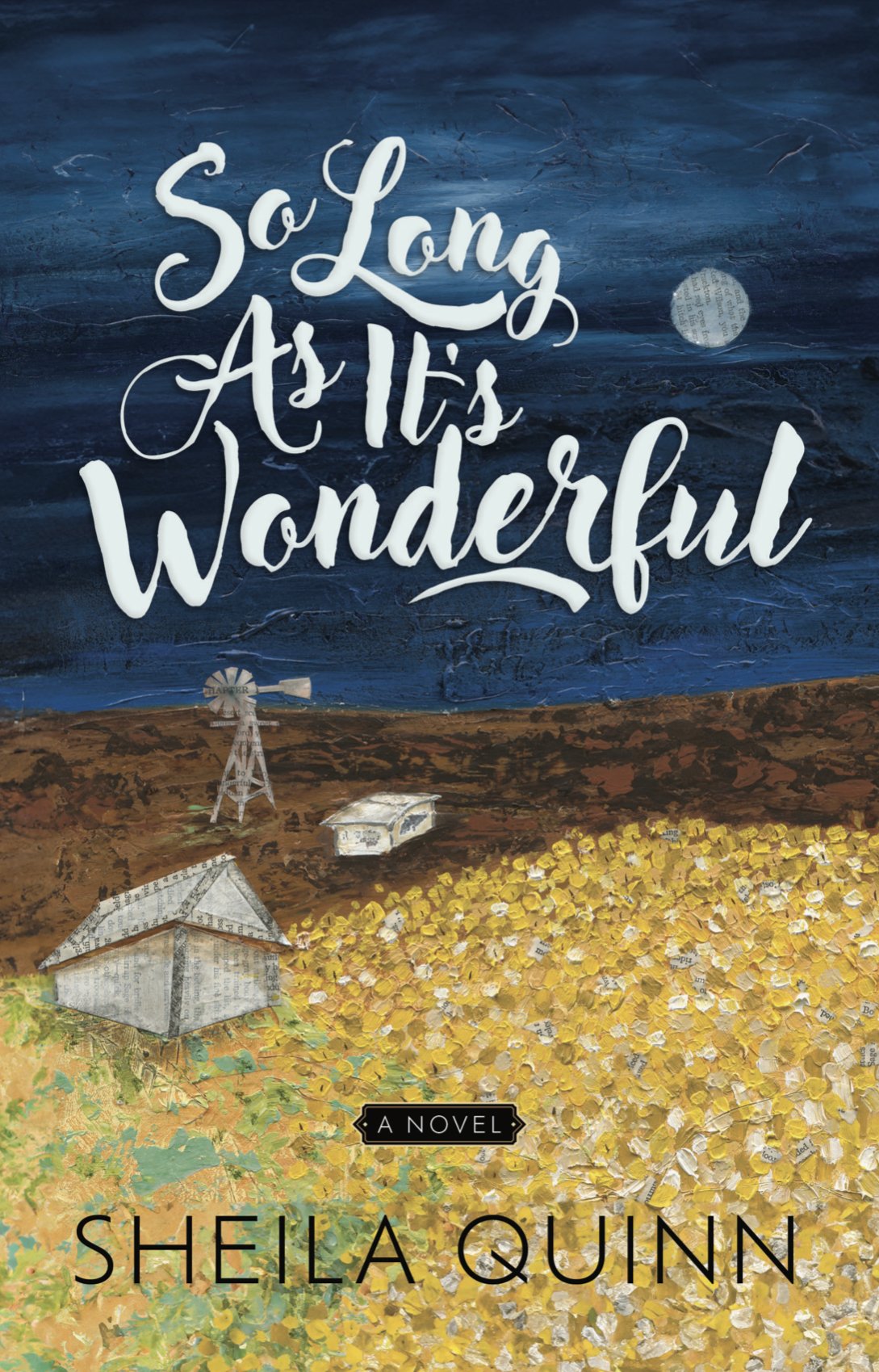When we were planning my grandma’s 90th birthday party, Mom sent messages to people near and far asking them to share their memories of Grandma and wish her happy birthday. As they trickled in, mom reported back. The messages were sweet. Grandma meant so much to so many people. Many said she’d been like a second mother to them. More than a few said they’d wished she’d been their mother. These letters were kind, but they weren’t surprising. We knew we’d had the best of the best.
Then Mom called to tell me she’d received an email from Grandma’s childhood friend, Cleo. She was forwarding it to me. She wanted me to call back as soon as I’d read it.
I opened the email on my phone. I gasped and then shouted something like, “Ha! I knew it!” and called mom back immediately.
From: Cleo
Sent: Tuesday, July 15, 2014 5:38 PM
I don't know if your mother ever told you about this.
When we were in grade school at Rogers, there was a note that went home to our parents one day telling of an airplane that was coming to an area around Rogers and would give rides to those students who wanted to go up in an airplane. The cost would be $1.00, quite a lot of money to dirt farmers in those depression days. I was excited and knew for sure I wasn't one of the people who would take a ride.
However, my father was a very big fan of Lindbergh, who had made the famous flight to Paris a few years earlier. When we would hear an airplane, our family would go outside and search the skies for the little dot and we kept our eyes on it until it had gone out of sight. I know that sounds crazy, but there weren't a lot of things for poor kids on the farm that were exciting.
So we went home that night and we told our parents about the plane that we could ride and how much we wanted to ride. In those days, we never thought of insurance and other connected costs to air travel, but the expectation of going up was just thrilling.
Of course, there wasn't an extra penny around our house, and I do mean penny, so I was pretty sure we wouldn't be going.
But my daddy wanted us to go up in the plane. I think only my sister who is two years younger than I went from our family, as I don't think your brother was in school. We (Maxine and I) were somewhere in middle elementary, like 4th or 5th grade. I am pretty sure Claude went up, and not sure if Gordon did. The pilot took all of us up at once. We were the only kids from the whole school to take a ride.
How did we stir up the $$ to go? Well, we took a five gallon can of cream on the school bus and carried it to George McCormick's store right across the road from school, where we sold it for the $$ to pay our fare on the plane.
We were the only kids who rode on plane number NC235W that day!! Somewhere in my stuff is the stub of the ticket with the number and date on it, but I have no idea where it is.
That could be one of the most exciting events of my youth. Ask you mother if she remembers that.
So glad you're getting to celebrate your mother's 90th. Mine comes up March 29th. Never ever thought I would live to the age. Had my hip replacement 14th of January and am doing fairly well, some days better than others.
Not much news. Greetings to Maxine and good health to her.
Love,Cleo
I still get emotional when I reread Cleo’s email. There was another person holding Grandma’s stories, even as they slipped from her memory. I wouldn’t let this one go extinct. I felt an even greater urgency to collect Grandma’s stories and preserve them even if I wasn’t sure how yet.
I eventually turned their story into Heavy Cream, published in Cricket Magazine in February 2022. My copy was delivered during my mom’s visit for my birthday and we got to share the moment of seeing Grandma and her family beautifully illustrated, her story safely off the endangered list. Now, here I am, on the brink of releasing my first novel, So Long As It’s Wonderful, based on stories I heard about my great-grandma and her life in Roosevelt County.




